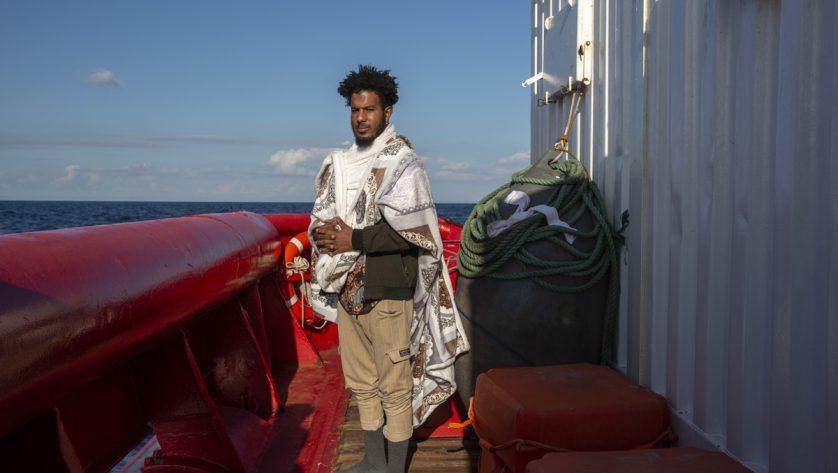Successive trauma
People living through major emergencies or conflict are often coping with multiple, overlapping traumas. A 30-year-old father of two from Daryia, Syria, Mohamed painted furniture for a living when, in 2010, he fell from a roof, breaking two vertebrae and paralyzing his legs. When his health declined and the war intensified, he and his family fled to Lebanon, where the challenges of his paralysis, a worsening case of diabetes and the disappearance of his brother in Syria contributed to a deep despondency.
Ironically, another tragic twist of fate finally brought Mohamed some comfort. After slipping in the shower and breaking his thigh, an ICRC doctor helped him manage his diabetes and referred him to an ICRC psychologist. “In two sessions I let everything out and felt much better,” he says. “After four sessions, I was able to overcome many challenges. Hopefully I will be able to overcome the rest in the near future. I dream of walking as I used to. I would take my kids outside and play with them the whole day.”
“I would spend the whole day lying down, just staring at the wall. They would be talking but I’d say nothing. My mother would ask me, ‘What is it? Are you ok? Why do you do this to yourself? Talk to me, answer me.’ I kept silent.
I was so scared, and very bored. I had low blood sugar, and I couldn’t even sit up. I was lying down the whole day, not talking at all.
Before the accident, my condition was really good. I had a shop, a car, a house. I was friendly to everyone. Now, I get angry a lot.
I worry at night. I’m always thinking so I don’t sleep well. I don’t bring up these ideas, they just cross my mind.”
Photo: Marwan Tahtah/ICRC
 Red Cross Red Crescent magazine
Red Cross Red Crescent magazine 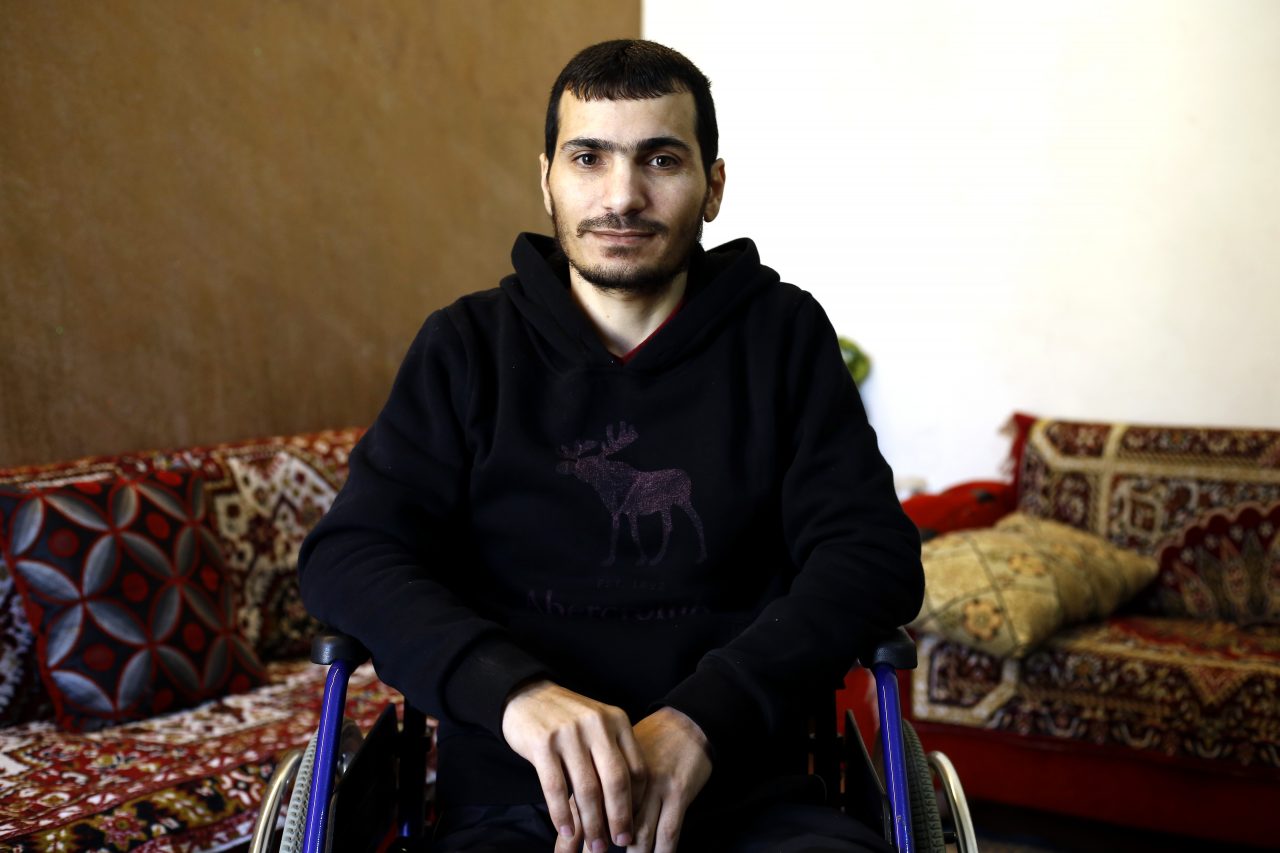
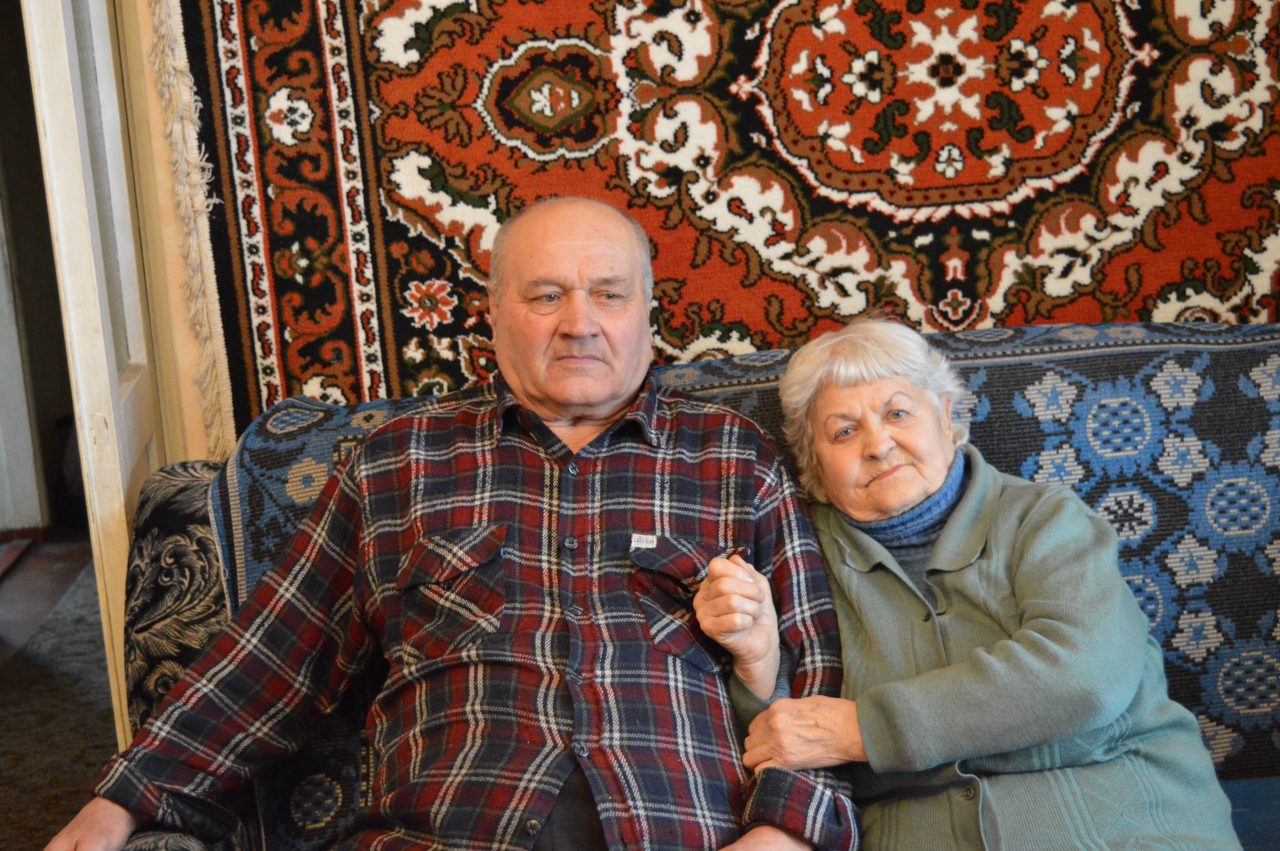
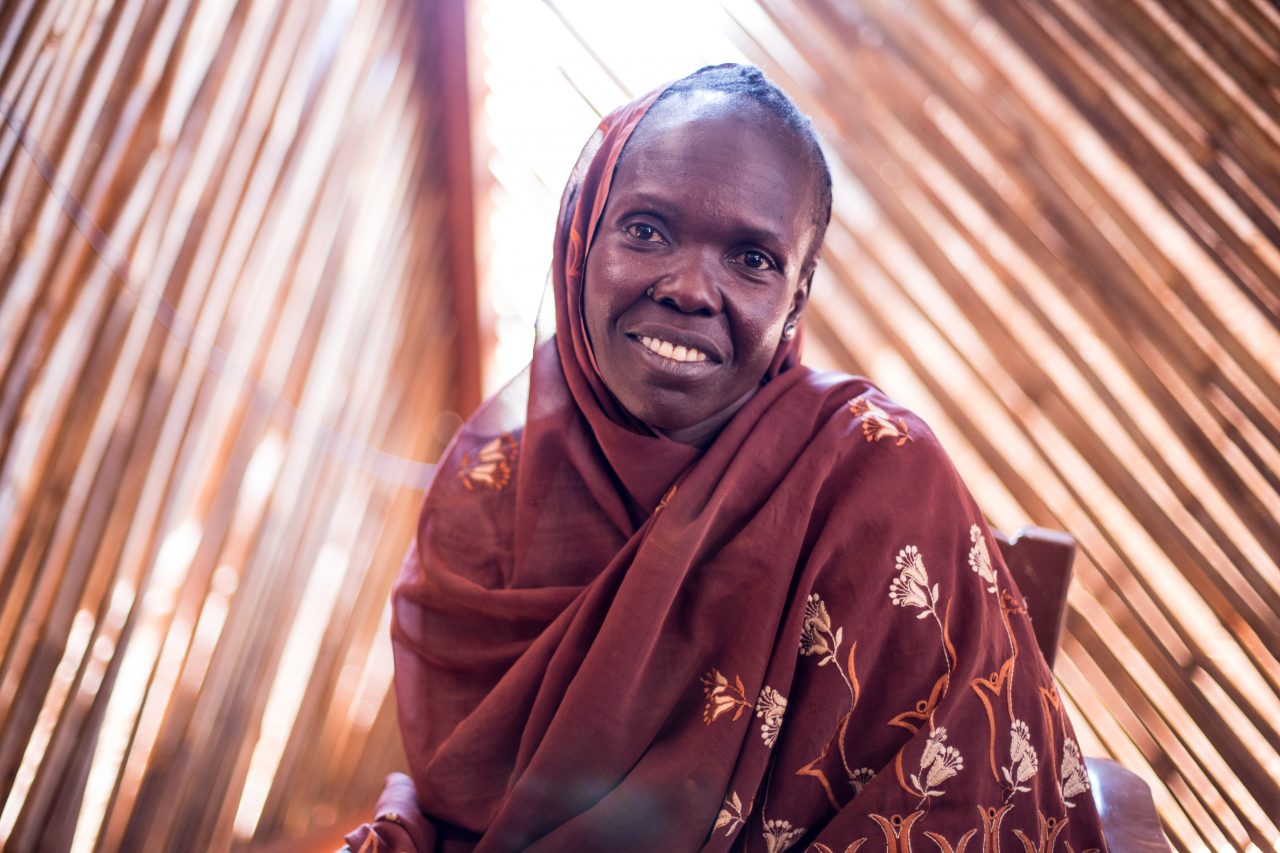
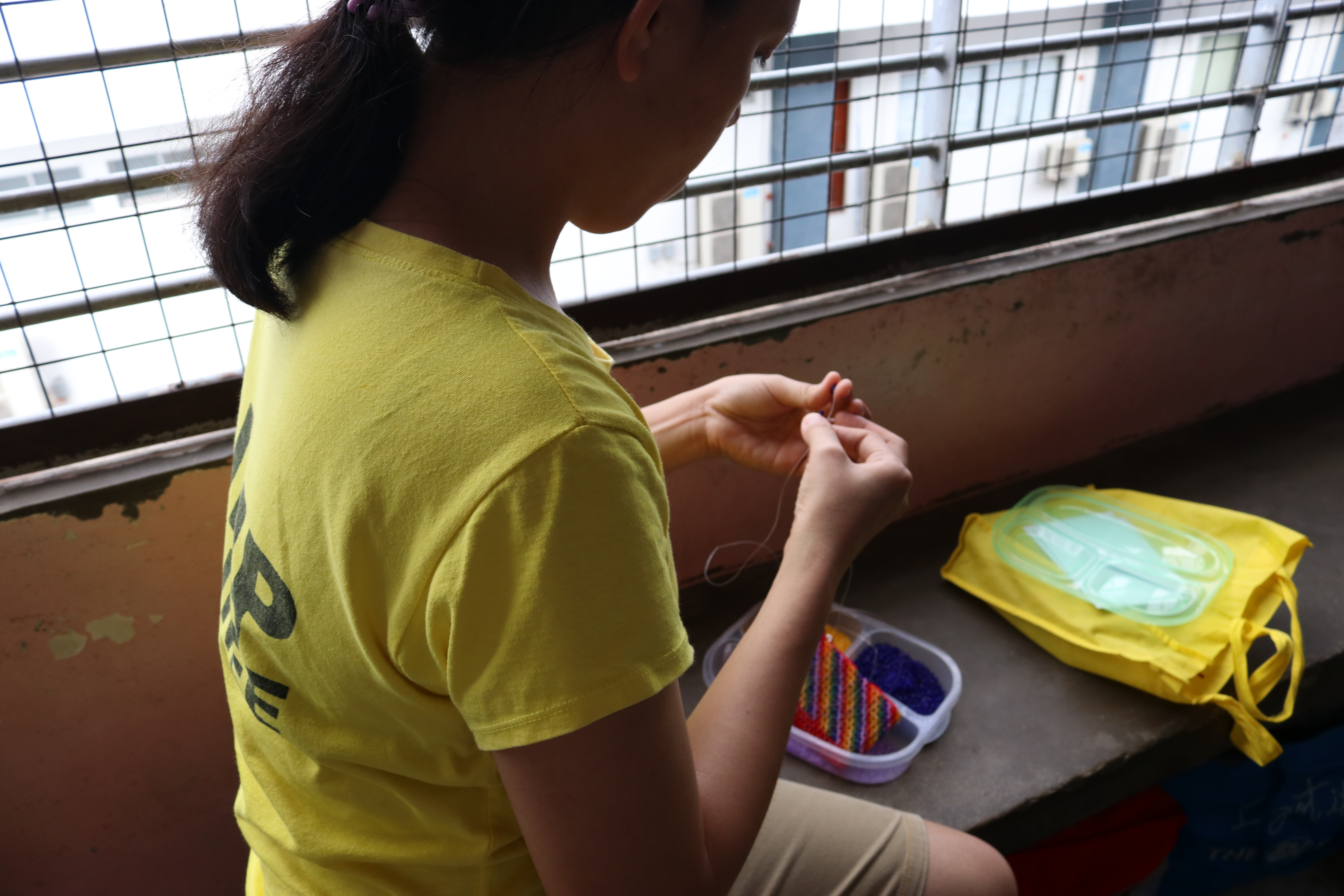
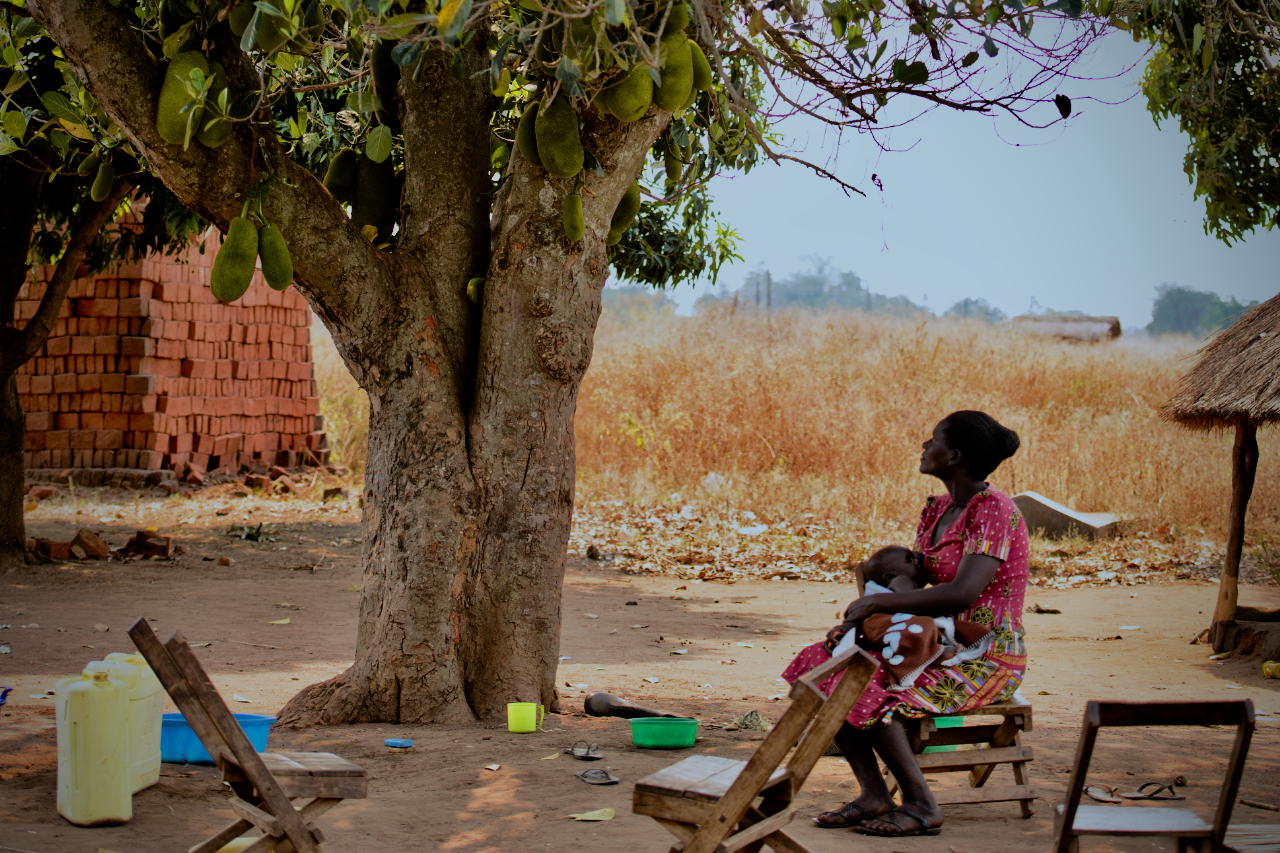






 Tech & Innovation
Tech & Innovation Climate Change
Climate Change Volunteers
Volunteers Health
Health Migration
Migration